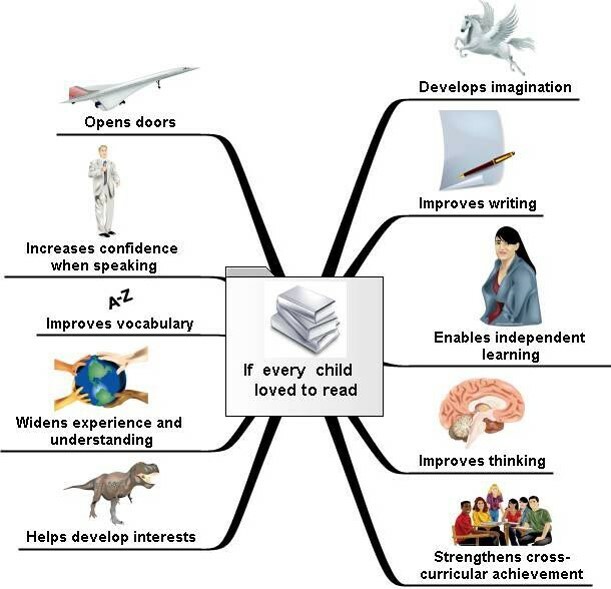Reading
The importance of reading
Did you know...
Children who read books regularly for pleasure at 10, and more than once a week at 16, gained higher results in tests in vocabulary, spelling and maths at the end of secondary education.
The effect of regular reading, visits to the library and easy access to newspapers at 16 was four times greater than the advantage children gained from having a well-educated parent with a university degree.
The enjoyment of reading changes, typically, over time:
- 73% of KS2 children enjoy reading very much or quite a lot.
- 47% of KS3 students enjoy reading very much or quite a lot.
- 34% of KS4 students enjoy reading very much or quite a lot.
(Clark, National Literacy Trust, 2012)
"In 2022, fewer than 3 in 10 (28.0%) children and young people aged 8 to 18 said that they read daily, the second-lowest level we’ve recorded since we started asking this question."
(National Literacy Trust)
We support and promote reading in school and at home so that St Bede’s truly is a ‘reading community’.
What we do at St Bede's
We have an amazing library, which is available every break-time and lunchtime to all students. It has a fantastic range of fiction and non-fiction for young people. You can find out more HERE.
As part of the English curriculum each student will read in the library for half an hour each week. The purpose of this is to build up reading experience, overcome difficulties with book choices and to encourage wider reading. Members of staff listen to students read and discuss their reading with them.
Every week, students are expected to include reading as part of their homework. We want all students to read for at least 20 minutes every day – 140 minutes a week.
- Reading for twenty minutes a day exposes the brain to an estimated 1.8 million words a year
- Studies show that reading for only 6 minutes a day can relieve stress by 68% - imagine what 20 minutes could do
- In a survey by the National Literacy Trust, 90% of children feel ‘happiest’ when reading and writing
What can you do to help as a parent and carer?
- Make time for your child to read
- Talk to them about what they are reading
- Help them have access to good quality reading materials. Take your children to public libraries, bookshops and charity shops. Ask for advice about what books are good. Encourage them to browse and talk to them about the choices they’re making.
- Share newspapers, magazines and websites with them. Discuss what they read. Link it back to the real world to make it feel relevant.
- Let them see you as readers
Why not discuss some of the suggested reading, provided within the English subject page?





